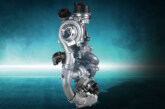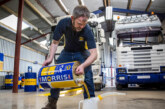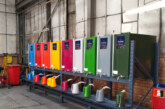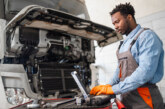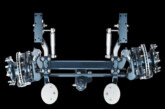Why is exhaust maintenance crucial?
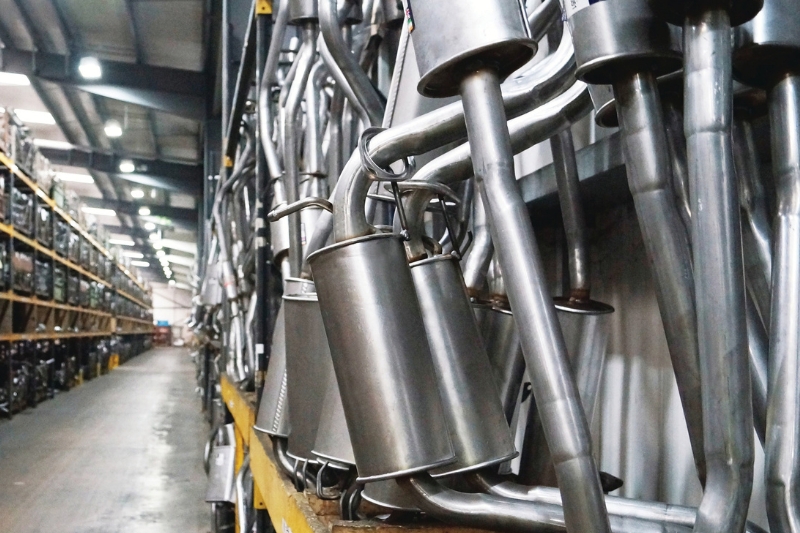
With the high mileages and hard-working lives of vans, box trucks and pick-up trucks – exhausts often become damaged. Therefore, James Ellison, sales director at Klarius Products, explains why adopting best repair practices in light commercial vehicles is crucial for longterm roadworthiness, reliability, safety and legislative compliance.
The exhaust system on an LCV reduces particulate and gas emissions, protecting vehicle performance, driver and public safety. If an exhaust is not properly maintained, a vehicle will probably fail its MOT on emissions, rendering it unroadworthy until the issue is fixed. Having an uncompliant, unusable vehicle is not an ideal situation for any fleet operator and can result in fines. Routine exhaust inspections and maintenance are therefore very important.
Ramping up checks
With a customer’s LCV on the ramp, there are some potential problems to look out for.
First is corrosion. Hanging underneath the vehicle in the firing line of road salt, moisture and varied temperatures, exhausts can corrode faster than other components. Areas that are particularly prone include the flanges, joints and hangers.
Next are leaky seals or gaskets, which are usually signposted by hissing sounds and a decrease in engine efficiency. Look at the joins of each exhaust section to check the condition of these items. Sooty deposits are also a sure sign of a leak.
Structural damage and cracks are quite visible too. Exhausts experience a lot of vibration throughout their service lives, which results in metal fatigue. To spot this issue early, focus on areas of the exhaust that are loose, not properly supported or are deformed. Anywhere near a bracket can be particularly susceptible.
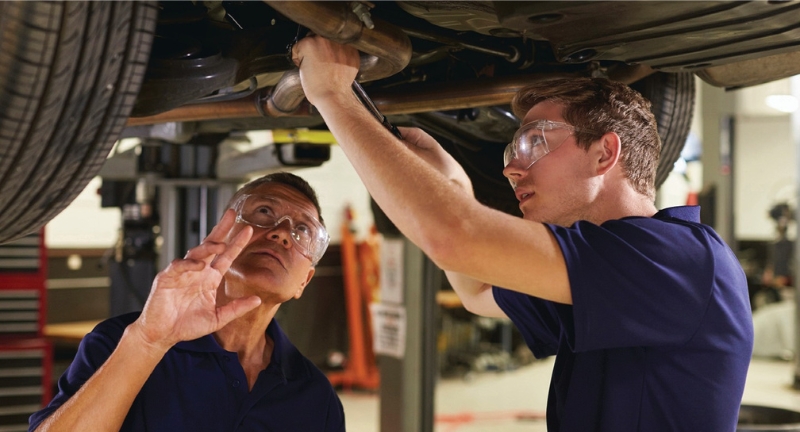
Running into a roadblock
Blocked catalytic converters (CATs) and diesel particulate filters (DPFs) are harder to see, but still easy to diagnose.
DPFs capture soot from the exhaust gas stream and reduce it to fine ash in a process called regeneration. These devices gradually fill up and eventually become blocked. This can happen surprisingly quickly if the exhaust rarely reaches the required temperature for regeneration due to regular short journeys.
CATs react pollutants inside a monolith to reduce emissions, but if the engine is running rich, carbon deposits clog the device, preventing gases from flowing through. Unburnt fuel from incomplete combustion can damage the internals of the CAT as well.
In both cases, an alarming lack of power and a check engine light are key indicators. An OBD2 scanner or a gas analyser will confirm any suspicions. Sometimes, a blocked DPF can be cleaned, but in the case of a CAT, a full replacement is needed.
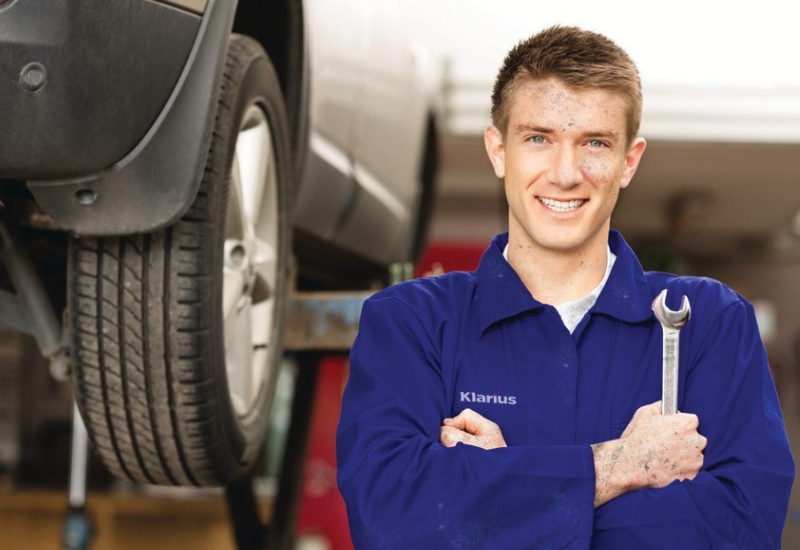
Get replacements right
Not every exhaust issue can be fixed. In these cases, fitting replacement components that match or exceed the quality of the original equipment manufacturer (OEM) items is the way to go. This will maintain emissions compliance, safeguard engine performance and provide the best possible service life.
Specifying parts that are designed for the exact make, model and production year of the repair vehicle is essential for a proper fit. Klarius supports this with an online catalogue for its customers, as well as a fit first time guarantee for every product in range.
Regarding fitment, when installing a replacement exhaust, ensuring the right alignment and using proper mountings is critical for system reliability. To prevent leaks, always use the correct gaskets and seals and ensure that all clamps and bolts are tightened to torque settings.
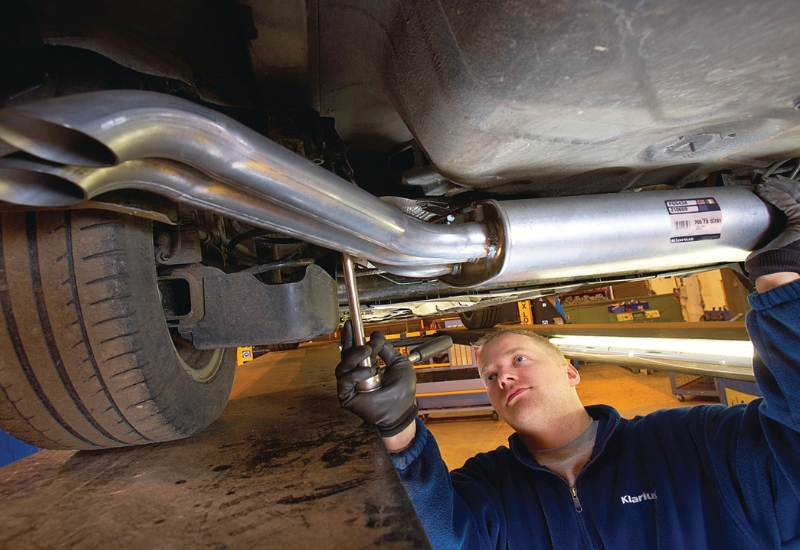
Prevention is better than a cure
Before a full replacement becomes necessary, there are some preventative measures that can save a major repair. Encouraging drivers to flag unusual noises, smells or changes in vehicle performance can save further trouble down the road. Obviously, conducting exhaust system checks as part of routine servicing also helps.
Using quality additives in selective catalytic reduction (SCR) systems is another measure that can extend maintenance intervals for modern diesel vans. Products such as CrystalGuard maximise combustion efficiency within the SCR during the low loads and temperatures common in city or stop/start driving, preventing the crystallisation issues common with AdBlue.
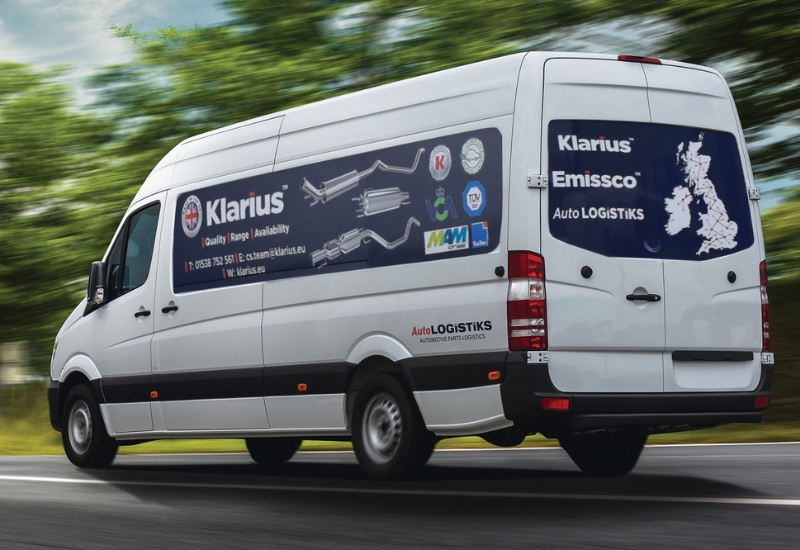
Back on the job
As well as adhering to best practice, technicians can improve customer satisfaction by fitting the best quality replacement components when the time for repair comes.
Offering over 11,000 different references that cover nearly all LCVs on UK roads, Klarius Products is a trusted exhaust supplier for vans, box trucks and pick-up trucks. Offering next morning delivery from factory for orders placed before 5:30 PM, and even faster from local factors, Klarius aims to deliver OEM quality exhausts to help technicians get LCVs back on the road fast.


